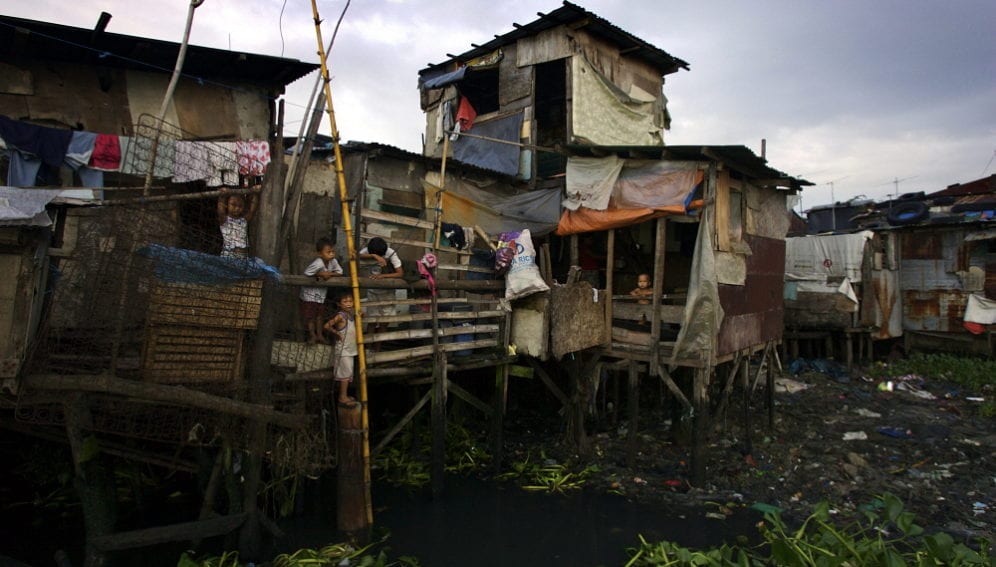By: Anna Valmero
Send to a friend
The details you provide on this page will not be used to send unsolicited email, and will not be sold to a 3rd party. See privacy policy.
[MANILA] A campaign that seeks to eliminate the practice of open defecation is producing positive results for poor communities in the Philippines, especially for women and children.
The Zero Open Defecation (ZOD) project of the World Bank and the Philippines’ Department of Health tapped families to map their community, indicating houses without access to toilets and water and identifying open spaces that are contaminated by human faeces.
The ZOD project targeted areas in the Autonomous Region in Muslim Mindanao and the provinces of Masbate, Negros Occidental, Negros Oriental and Sarangani, where the country’s poorest households live.
“Rural and poorer populations in the Philippines face the most barriers to gaining access to basic sanitation services, and disproportionately feel the greatest economic and human capital losses of living in unsanitary and unhygienic environments,” Karl Galing, country coordinator of the water and sanitation programme of the World Bank, tells SciDev.Net.
Promoting the ownership of household latrines as a status symbol was crucial to the project’s objective of teaching how proper waste disposal can combat diarrhoeal diseases and acute respiratory and intestinal worm infections, which lead to productivity loss, school absenteeism and gender violence.
The project team noted a case of rape involving a teenage girl defecating outside her home at night in the town of Calatrava in Negros Occidental. Children also face safety issues as they are prone to snake bites when relieving themselves in the fields at night.
Families purchased their latrines through savings, with the assistance of microfinance institutions, direct subsidy of local authorities, or a combination of these. Local masons and carpenters were also trained to build the toilets.
The project also organised seminars and transect walks to open defecation sites to teach communities about the human faecal-oral link such as when their free-range poultry or livestock feed in areas contaminated by human faeces.
A third of the global population, or 2.5 billion people, still lack access to improved sanitation facilities due to poverty. Two out of three live in developing countries in Asia and Sub-Saharan Africa, according to 2014 WHO data.
The World Bank estimated economic losses from poor sanitation in rural Philippines amounted to US$1.4 billion annually, or 1.5 per cent of the country’s GDP in 2008.
“Investing in sanitation produces economic gains. In Indonesia, the benefits of installing pit latrines outweigh the investment costs by more than six times. In urban Philippines, the economic returns outweigh the costs by at least three times,” explains Galing.
Countries that achieved zero open defecation also experienced major impacts on hard-to-value social indicators such as dignity, gender equality and quality of life, adds Galing.
To help sustain the programme, the World Bank tapped communities for continuous local monitoring and self-reporting. Programme organisers are looking to release mobile apps to facilitate real-time information sharing.
To date, nine towns in four provinces were cited for best practices in achieving zero open defecation. The Philippines aims to end the practice by 2016.
This article has been produced by SciDev.Net's South-East Asia & Pacific desk.














